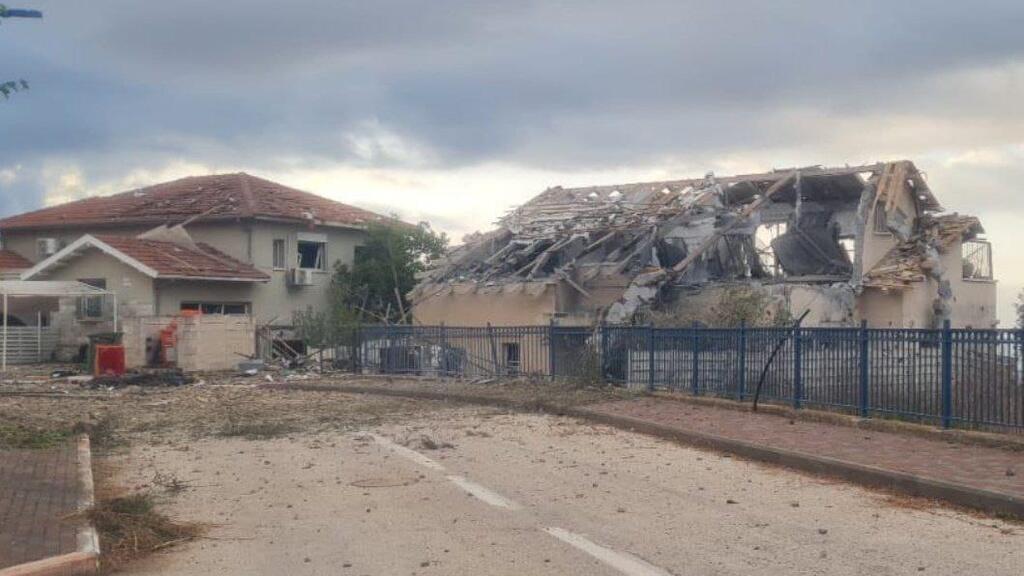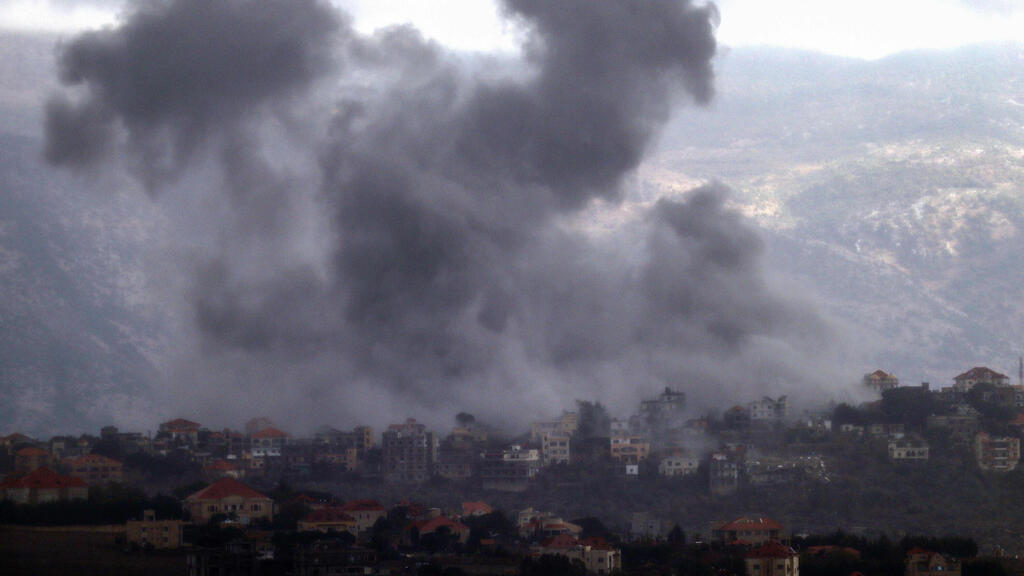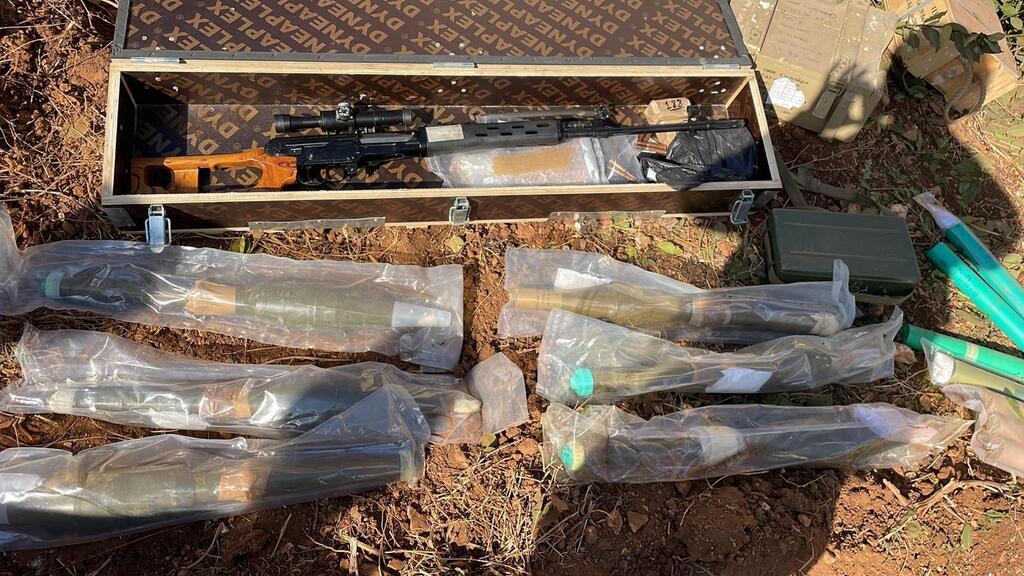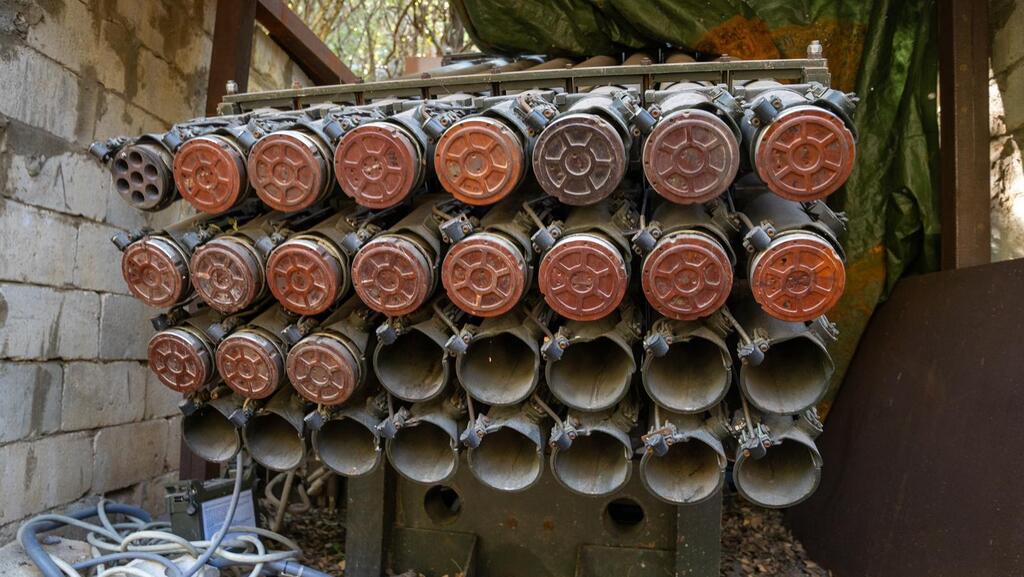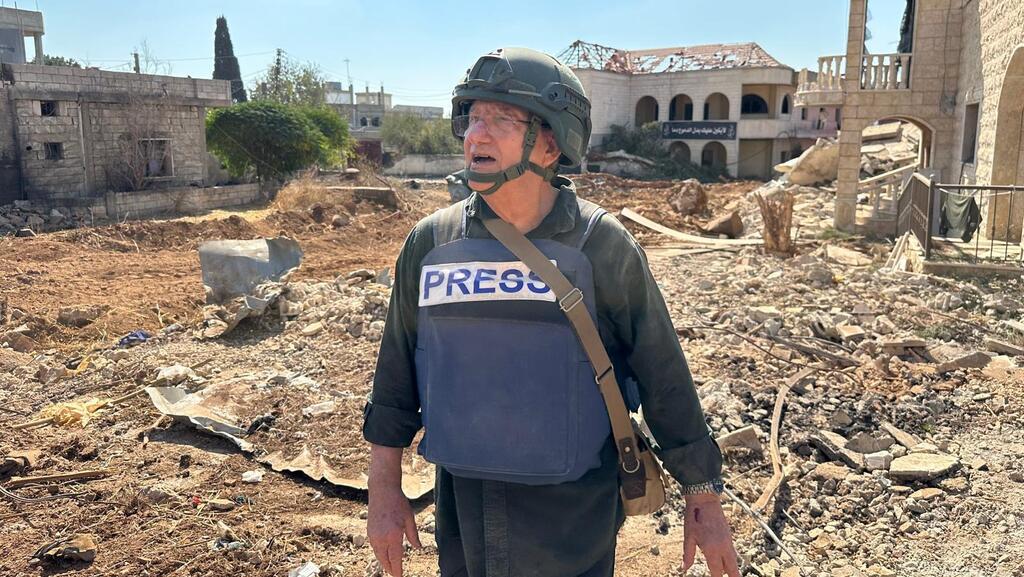As the IDF wraps up its mission in southern Lebanon under government directives and advanced cease-fire talks progress, significant questions are emerging about the post-war future. The agreement aims to end fighting in the north, enable displaced residents to return home after more than a year and kickstart the rebuilding of devastated communities.
"Before traveling to Washington and Moscow, Strategic Affairs Minister Ron Dermer should have come here to see the reality on the ground," said David Azulay, mayor of the border community of Metula.
Ynet’s senior defense analyst Ron Ben-Yishai reports that the IDF has begun removing roadblocks that previously restricted civilian access to areas near the northern border, once exposed to Hezbollah’s anti-tank missile fire. This development, he says, reflects the military’s success in neutralizing immediate threats during its operations in southern Lebanon.
The IDF has dismantled much of Hezbollah’s arsenal and disrupted the flow of additional weapons to the region. However, Ben-Yishai warns that Hezbollah’s use of attack drones remains a pressing issue.
7 View gallery


Hezbollah underground fortifications uncovered by the IDF in southern Lebanon
(Photo: IDF)
7 View gallery


Aftermath of an IDF airstrike on a southern Lebanon village
(Photo: Thaier Al-Sudani / Reuters)
While drones launched from Iraq and Yemen can be intercepted early—well before reaching Israeli territory—those launched from Lebanon pose a greater challenge. Intercepting them over populated areas risks collateral damage due to their explosive payloads.
Ben-Yishai supports the emerging cease-fire agreement that would end the fighting in Lebanon, but he emphasizes the need for an international commission to monitor and enforce its terms. Such a mechanism, he argues, would eliminate the necessity for written U.S. assurances about Israel’s freedom to act against Hezbollah if needed.
A drone explodes in Nahariya
He also criticized new Defense Minister Israel Katz for declaring the elimination of Hezbollah as a war objective, calling the statement unrealistic. “What Katz should have said is that Israel must demand the removal of Hezbollah’s heavy weapons south of the Litani River,” Ben-Yishai said.
As Lebanese villagers prepare to return to the south, Ben-Yishai cautions that Hezbollah operatives—many of whom are residents of these villages—will return with them. Preventing Hezbollah from rebuilding its military infrastructure under civilian homes must be a priority, he said.
He highlighted the extent of destruction in southern Lebanon, noting that over 60% of homes in the region were damaged or destroyed during the IDF operation. Many of these homes, he explained, had been used as launch sites for attacks or concealed tunnels and fortifications storing Hezbollah’s extensive arsenal of rockets and missiles. Ensuring these sites cannot be rebuilt will be critical to Israel’s long-term security.
Get the Ynetnews app on your smartphone:



